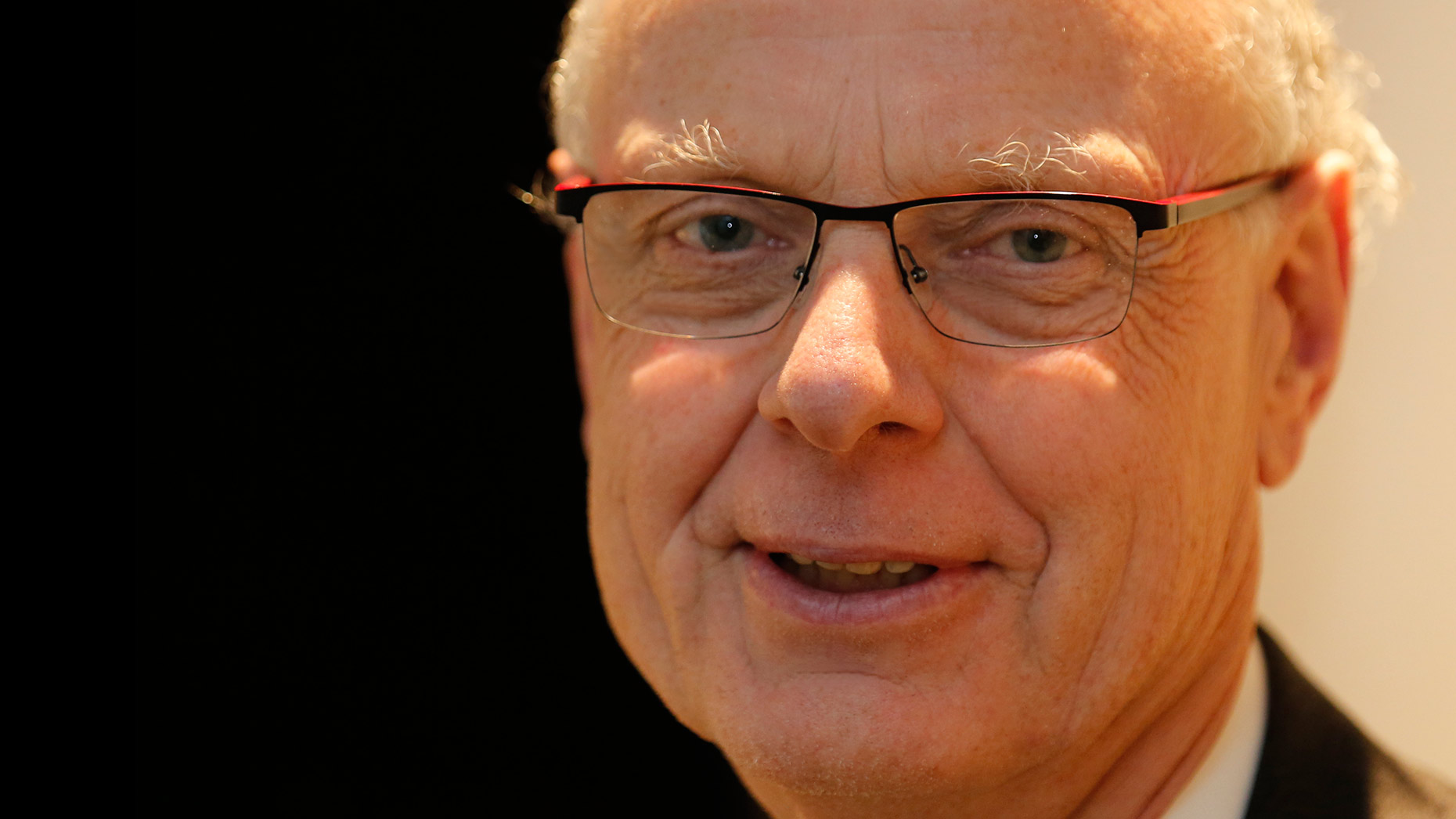This column has long argued that Brexit was the result of massive mismanagement by previous governments, Labour and Tories alike, and leaving the European Union offered a convenient scapegoat. But Brexit on its own will not solve our problems and might even make them worse.
Consider the following: you are sitting on the train, listening to excuses why the train is delayed: previous train blocking the station, ‘technical faults’, leaves on the tracks, … rain, sun … the best I have heard was ‘horses on the track’. What next? The attack by the Indians?
If the train has 500 people on board, a half an hour delay means that 250 man hours are lost in the UK economic performance. Repeat it every week and you have a problem with 18 thousand man hours lost, you need to employ 10 extra workers to cover that.
Look at the larger picture of how the rail network is managed: it is expensive, it is unreliable, it complains of underinvestment… and the solution? Cut costs. Cut the number of the guards, cut the maintenance costs, subcontract the work to the lowest bidder.
If the description in the last paragraph reminds you about the public hearing about Grenfell Tower you are right: Cutting the cost became obsession. For an extra £5,000 proper insulation could be used. And how much has the saving of £5,000 cost us? The final bill is reported to be one billion pounds.
Not to mention the unknown millions the councils and private owners now have to spend to replace existing claddings in the whole country.
The ‘added value’ of the millions spent as the result of Grenfell Tower is zero. Replacing faulty cladding will not build one extra flat. Likewise, the manpower loss due to train delays creates no additional value.
We are so obsessed with ‘cost’ that we have lost the sight of what the final bill is. Cheaper and cheaper operation leads to bigger and bigger payments for the services. In the final stage our taxes are used to pay the private companies to avoid bankruptcies such as with the Royal Bank of Scotland and Virgin Trains East Coast.
Bad management is why UK productivity is 15% below the rest of G7 advanced economies. Worse, our productivity is going down. In 2016 it was 16% lower than in 2008.
Averages can be misleading. If we extract Japan and Canada who have lower productivity than the UK and look at our comparative neighbours (Italy, France and Germany) we lose out: German and French productivity is around 30% higher!
Where the UK needs 10 workers, France and Germany need 7½. To keep up with them we need more workers. As long as our productivity is low and our drive for ‘cost’ overrides all other considerations, it will be always easier to import cheap labour than to invest.
Instead of automation we are relying on cheap labour. Witness the de-industrialisation of car washes. Replacing an automated car wash which damages your windscreen wipers and doesn’t clean side mirrors with a bespoke, hand cleaned, carwash.
Five immigrants polishing your car for half of the price.
The replacement of machines with cheap, imported, labour has changed the UK population. There are now over five million immigrants in the UK, fewer than half of them from the EU. Brexit will not help us to move away from our dependency on immigrant workers.
If we do want to solve the tension in society we need to address the fact that we need 10 workers where seven should be enough.
Otherwise as EU immigration comes down, it will be replaced by immigration coming from Africa, India, Caribbean and other regions.
Indeed, the NHS is already replacing our closer kinfolks from the EU with nurses from Philippines and India. Importing health workers from outside the EU has been a government sponsored policy since 2015 so Brexit only accelerated the non-EU immigration.
As long as the UK has significantly lower productivity immigration will be the solution to just keep us going.
Increasing productivity has nothing to do with Brexit. Germany is in the EU. If the Germans can have 35% higher productivity under the same EU rules, it is not the EU rules we can blame for our 35% productivity deficit.
Undeniably we can paraphrase James Callaghan’s famous phrase: Brexit? What Brexit? The crises leading to Brexit will not be solved by leaving the EU.






